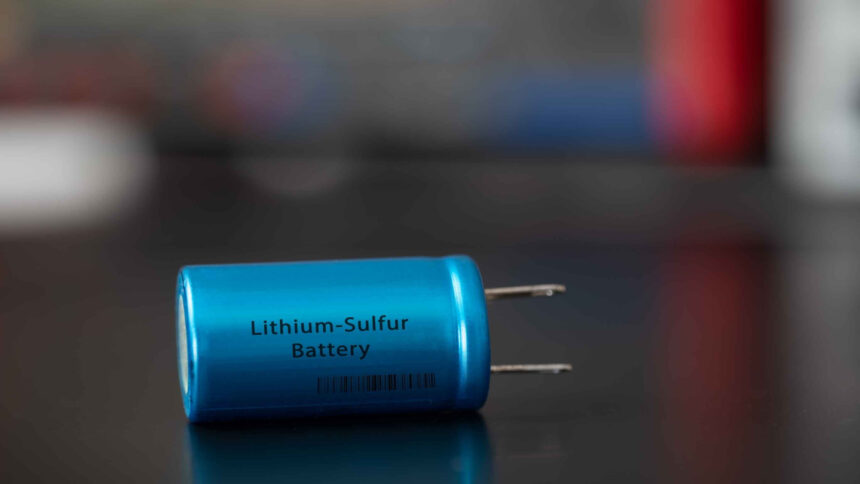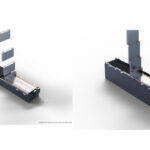Stellantis and Zeta Energy have recently announced a joint development agreement with a focus on enhancing battery cell technology for electric vehicles. The collaboration is geared towards the development of lithium-sulphur EV batteries that offer a “game-changing” gravimetric energy density matching the volumetric energy density of current lithium-ion technology.
The main goal of this partnership is to create lithium-sulphur batteries that are significantly lighter in weight compared to contemporary lithium-ion batteries, while still providing the same usable energy. This innovation would enable greater range, improved handling, and enhanced performance for electric vehicles. Additionally, the technology is expected to boost fast-charging speeds by up to 50%, making EV ownership more convenient.
One of the key advantages of lithium-sulphur batteries is their cost-effectiveness, with projections indicating that they could cost less than half the price per kWh of current lithium-ion batteries. This cost-saving aspect aligns with Stellantis’ commitment to delivering clean, safe, and affordable vehicles.
Ned Curic, Stellantis’ chief engineering and technology officer, emphasized the importance of this collaboration in advancing their electrification strategy and supporting their goal of achieving carbon neutrality by 2038. The batteries will be produced using waste materials and methane, resulting in significantly lower CO2 emissions than existing battery technologies.
Zeta Energy’s battery technology is designed to be manufacturable within existing gigafactory infrastructure and will leverage a short, entirely domestic supply chain in Europe or North America. The collaboration between Stellantis and Zeta Energy includes both pre-production development and planning for future production.
Upon completion, the lithium-sulphur batteries are expected to power Stellantis electric vehicles by 2030. Stellantis’ Dare Forward 2030 strategy prioritizes the development of high-performing and affordable EVs, with plans to launch over 75 battery electric models. The company adopts a dual-chemistry approach to meet diverse customer needs and advance innovative battery cell and pack technologies.
Overall, the collaboration between Stellantis and Zeta Energy represents a significant step forward in the development of advanced battery technology for electric vehicles, with the potential to revolutionize the EV market and contribute to a more sustainable future.







